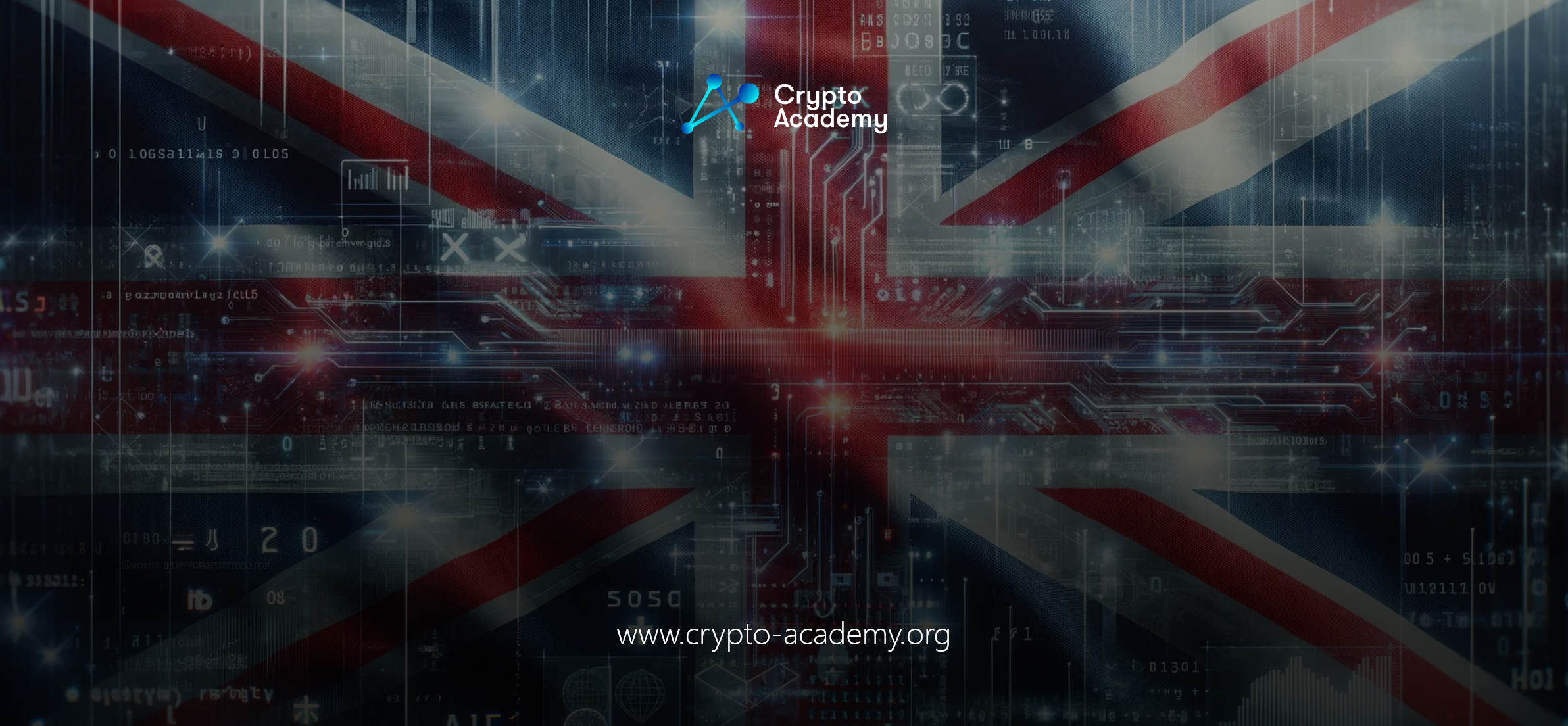AI as Inventor: UK Supreme Court’s Decision

The UK Supreme Court rules AI cannot be named as an inventor, impacting AI’s role in intellectual property rights.
In a landmark ruling, the UK Supreme Court declared that artificial intelligence (AI) systems cannot obtain patent rights as inventors. This decision echoes the stance of lower courts on the matter. The ruling came to light following the unsuccessful attempt of Stephen Thaler, a prominent U.S. computer scientist, to secure patents for inventions claimed to be the brainchild of his AI system, DABUS.
Stephen Thaler’s AI, DABUS, reportedly invented a new type of light beacon and a unique container for food and beverages. Despite these claims, the UK Intellectual Property Office initially rejected the patent application, firmly stating that an inventor must be human to qualify for patent rights and not AI. Thaler’s legal team expressed their disappointment, noting that current UK patent laws fail to protect AI-generated inventions, which could potentially hinder industries reliant on AI for technological advancements.
Legal Implications
Thaler’s struggle extends beyond the UK. He had involvement in similar lawsuits in the United States, particularly one where he sought to have DABUS recognized as the creator of a piece of artwork. However, this endeavor also met with failure when a U.S. federal judge supported the decision of the U.S. Copyright Office, which insists on human involvement in creative processes for copyright eligibility.
Generative AI systems and their role in copyright and patent laws have been subjects of ongoing debate. The U.S. Copyright Office, for instance, has consistently denied copyright claims for works produced by generative AI systems. This issue has extended into legal challenges faced by AI companies, including OpenAI. These companies are under scrutiny for allegations that they trained their AI models using copyrighted material.

Comments are closed.